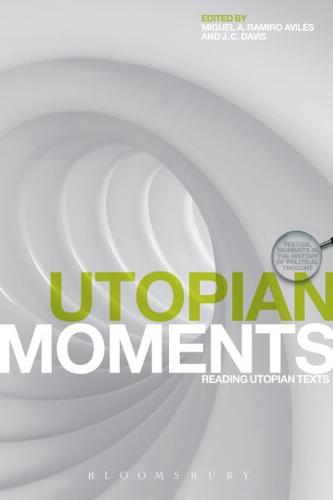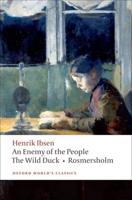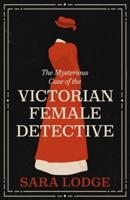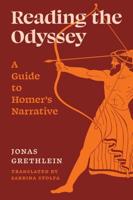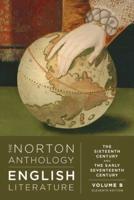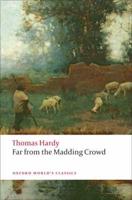Publisher's Synopsis
This book is available as open access through the Bloomsbury Open Access programme and is available on www.bloomsburycollections.com.
Is it possible to create a better world? Can this be done without the image of an ideal world to guide us? What would such a world be like?
There has been a marked renewal of interest in utopian thought, as the exposed economic, social and political dysfunctions of modern society have forced us to re-examine our visions of the future. Yet the wealth of utopian literature on which we could draw remains inaccessible or poorly understood. This book readdresses this imbalance, with a collection of essays, each centred on a key passage in a canonical utopian work that challenges the commonly accepted interpretation of that work and allows us to examine it with fresh insight. At the same time, by contextualising each passage within the text as a whole, readers are enabled to reflect on the meaning and reception of the work and on its significance in the history of utopian thought. Broad in scope and original in approach, this textbook is an encouragement to students and scholars alike to read the utopian classics afresh.
